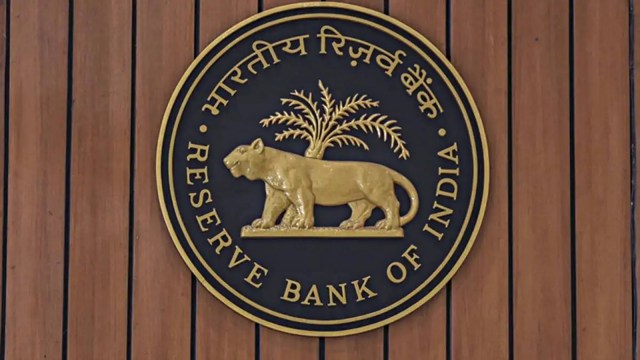The Insolvency and Bankruptcy Board of India (IBBI) should enforce a code of conduct for the Committee of Creditors (CoC), as their performance in insolvency proceedings has been “lacking in several aspects”, Reserve Bank of India (RBI) Deputy Governor M Rajeshwar Rao said Saturday.
While the IBBI issued self-regulating guidelines in August to enhance the CoC’s professional competence, Rao emphasized the need for enforceable regulations, arguing that “when incentives are not perfectly aligned, deviations from best practices become the norm”.

Speaking at the IBBI and INSOL India International Conclave, Rao also advocated for a market-driven compensation framework for resolution professionals (RPs) as opposed to a regulatory mandate.
“The Insolvency and Bankruptcy Code (IBC) assigns a central role to the CoC in the corporate resolution process. However, this is an area where significant improvements are needed. There have been instances where the COC’s performance has been found lacking in several aspects,” Rao said. A CoC typically consists of financial creditors in insolvency cases under the IBC, and may also include operational creditors with limited participation and voting rights.
Rao highlighted several instances of subpar performance by the CoC, such as prioritizing individual creditors’ interests over collective interests, disputes over resolution plans due to concerns about undervaluation or viability, disagreements on distributing proceeds even after a plan’s approval, poor attendance at CoC meetings, and inadequate engagement, coordination, and information-sharing among members. “Instances have been noted regarding the insufficient skill sets in areas like corporate finance, legislation and industry knowledge,” he said.
In August this year, IBBI issued guidelines for the CoC to curb delays, enhance transparency, and improve value realization by requiring it to disclose any conflict of interest, and maintain integrity, confidentiality, and objectivity. However, the guidelines were self-regulatory in nature.
“It is in the larger interest of the creditors themselves that the issues relating to the conduct of the CoC are addressed by the members themselves without waiting for regulatory prescriptions. However, it is a fact that when incentives are not perfectly aligned, deviations from best practices become the norm. Therefore, we need an enforceable code of conduct for the CoC,” Rao said.
Story continues below this ad
He said the IBBI, which is the designated regulator under the IBC, should have the powers to enforce norms for the conduct of all stakeholders within the IBC framework.
Rao also called for a market-driven compensation framework for RPs to align their goals with the CoC’s and avoid collusion with the preceding management. “The market should develop compensation structures for resolution professionals that are tied to outcomes of the resolution process. These measures could address the principal agent issue and align the RP’s goal with that of the CoC, maximizing value for both parties. It would also attract experienced professionals, thereby benefiting the system as a whole,” he said.
In 2022, the CoC was permitted to award performance-linked incentive fees to RPs at its discretion. An RP could earn up to 1 per cent of the realisable value for timely resolution of insolvency proceedings, and an additional 1 per cent of the difference between the realisable value and the liquidation value for achieving value maximisation.
“Regulations can set the boundaries for an activity but cannot cover every detail. While regulations have helped to create an ecosystem of RPs, their compensation should be determined by the market based on commercial considerations. Managing a corporate debtor under the insolvency proceedings requires specialized skills,” Rao said.
Story continues below this ad
As of September 2024, a total of 8,002 insolvency cases were admitted under the IBC, 2016. Of these, resolution plans were approved in 1,068 cases (13 per cent), liquidation orders were passed in 2,630 cases (33 per cent), and 1,963 cases (25 per cent) are ongoing. The remaining cases were either withdrawn, closed on appeal, or settled.

































